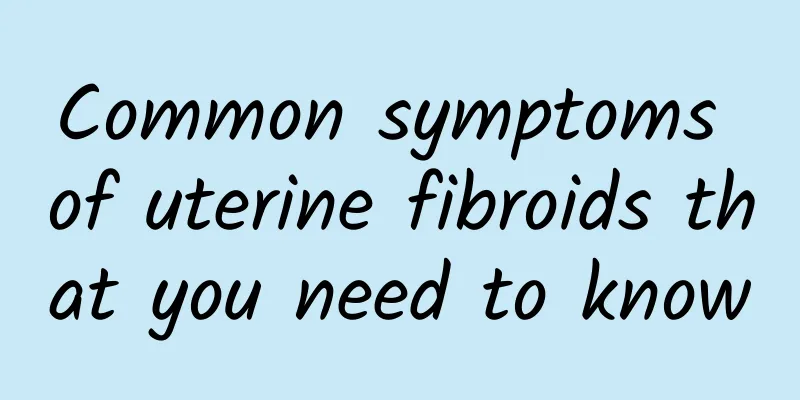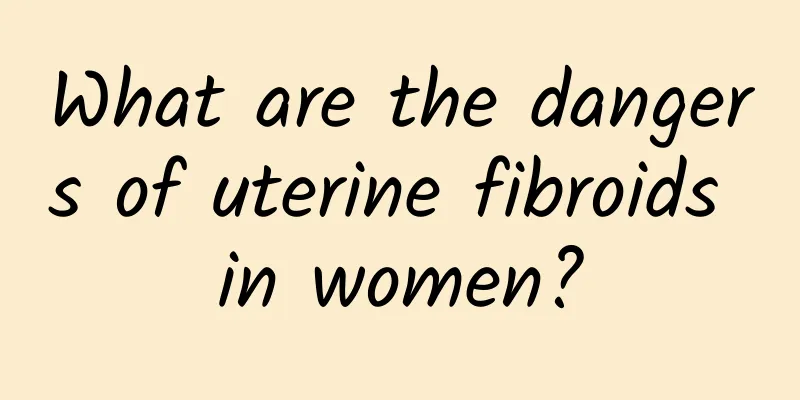Do you know what menopausal hot flashes are?

|
Menopause is a physiological process that women must go through. The symptoms of menopause are mainly hot flashes, back pain, palpitations, mental and neurological symptoms. So, what are menopausal hot flashes? Let us introduce it to you in detail. As ovarian function declines, menopausal women will experience a series of physiological and psychological changes, and about 50% to 75% of women will experience menopausal symptoms, such as hot flashes, sweating, cold hands and feet, and other vasomotor dysfunction symptoms, which often appear first and most prominently in menopausal women aged 40 to 60. Hot flashes during menopause can last from a few seconds to several minutes, and can occur from once every few minutes to once every few months. Hot flashes are more severe and frequent at night, interfering with sleep and affecting mental state. Systemic diseases, neurological disorders, drinking, drugs, and eating can all cause hot flashes, and stress can also induce hot flashes. A cool environment can reduce the frequency, intensity, and duration of hot flashes. Hot flashes are the most common symptom of menopause. So, what are menopausal hot flashes? Hot flashes, also known as flushing, are a subjective feeling of the body, that is, the skin of the face, neck and chest suddenly feels strong heat or even sweats a lot, accompanied by objective manifestations such as palpitations, anxiety, irritability, panic, epidermal vasodilation and subsequent drop in body temperature. Hot flashes in women with natural menopause begin before menopause, increase in incidence as menopause approaches, and peak during menopause. The incidence of hot flashes in women with surgical menopause is higher than that in women with natural menopause. 90% of women with surgical menopause experience hot flashes in the first year after surgery. Hot flashes in women with surgical menopause are more sudden, severe, and last longer than those in women with natural menopause. Most women will have hot flashes for 1 to 2 years after menopause, and 25% of women will have symptoms for 4 to 5 years or longer. After reading the above introduction, I believe everyone has a certain understanding of what menopausal hot flashes are. If you have other questions, you can go to a regular hospital for detailed consultation. Menopause: http://www..com.cn/fuke/gnq/ |
<<: Can menopausal syndrome be cured?
>>: Introduction to the symptoms of menopausal syndrome
Recommend
How to treat mild cervical erosion that has lasted for several months?
How to treat mild cervical erosion that has laste...
What kind of herbal tea can I drink when I have uterine fibroids?
Uterine fibroids are a common benign tumor in wom...
Early symptoms of multiple uterine fibroids: Pay more attention to these symptoms
Uterine fibroids are one of the most common benig...
Patients should pay attention to the treatment precautions of cervical erosion
Cervical erosion is a more serious disease among ...
What are the early symptoms of left ovarian cyst pain?
Ovarian cysts have no obvious clinical manifestat...
What are the dietary taboos during the treatment of uterine fibroids? What can't patients with uterine fibroids eat?
When many people mention gynecological diseases, ...
Pathological manifestations of cervical erosion
Cervical erosion is abbreviated as cervical erosi...
Symptoms of various types of adnexitis
Adnexitis is not unfamiliar to everyone. In clini...
How can women prevent pelvic inflammatory disease?
Prevention of pelvic inflammatory disease has bec...
What to do for hyperprolactinemia
Hyperprolactinemia is a common prolactin, which m...
What to do if you have cervical erosion? Female patients can use 4 treatments
Although cervical erosion may be a physiological ...
What causes Trichomonas vaginitis?
Trichomonas vaginitis is a common gynecological i...
Why can't you touch cold water after an abortion? Why can't you touch water after an abortion?
Why can't you touch cold water after abortion...
Strengthen these 5 muscles and you won’t age! 2 Dynamic stretching exercises are effective
Do you use the muscles in your posterior body in ...
Can metronidazole be used to treat trichomoniasis?
Trichomonas vaginitis is a vaginal infection caus...









